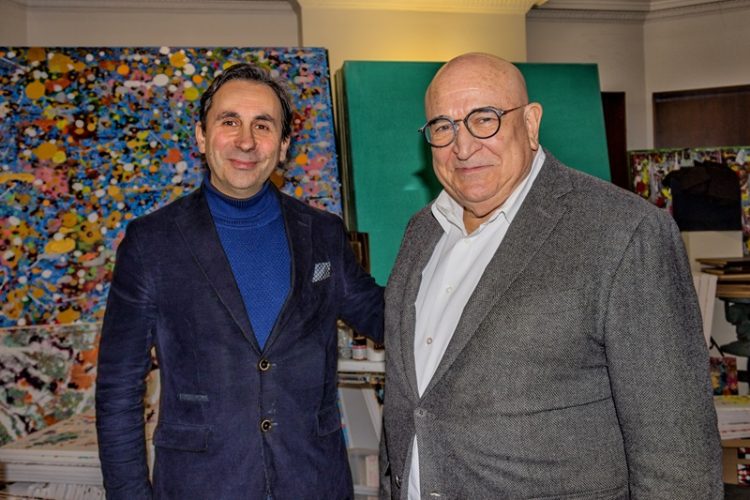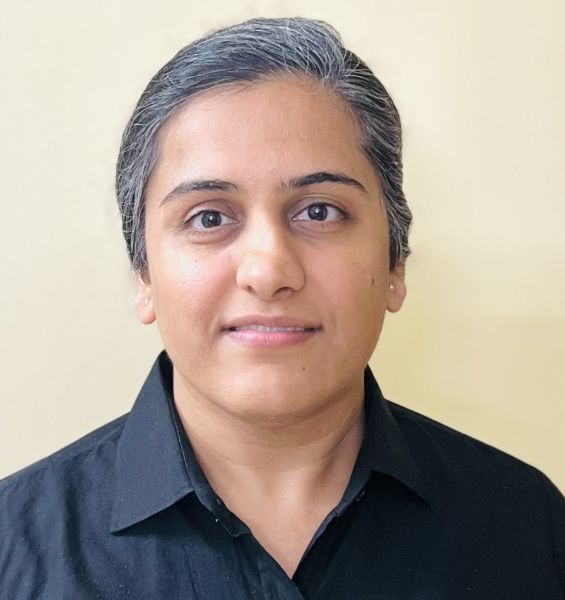Unveiling The Artistic Odyssey Of Fayez Barakat In Dinis Guarda YouTube Podcast

Categories :
Fayez Barakat is one of the world’s most prominent art collectors and a recognised artist himself, who has been a friend to famous global artists, Dali, Picasso and Warhol. In this interview with Dinis Guarda, he tells his life story, and his journey from collecting some of the rare art from across the globe to creating some of the most rare pieces of art. The interview, under the flagship of Dinis Guarda YouTube podcast, is powered by openbusinesscouncil.org and citiesabc.com.
Fayez Barakat is the fourth-generation ancient art dealer and the owner of the Barakat Gallery shopfront, with its influence across multiple cities of the world, including Jerusalem, Jordan, North America, United Arab Emirates, London, Seoul, and Hong Kong.
“We are a commercial gallery, but sooner or later, a lot of these commercial items will end up in major museums because of the quality of items; most of these items are museum-quality”, says Fayez, boasting a collection of over 5000 museum quality antiquities in his collection.
Fayez has worked alongside British archeologist Kathleen Kenyon, and renowned Middle Eastern scholars and archaeologists Nelson Glueck and William Dever, developing his skills in the basic principles of field archeology.
Highlighting his friendship with the fore-fathers of modern painting, like French impressionist Claude Monet, American Mark Rothko, Spaniard Joan Miró, Henri Matisse, Paul Gauguin and Vincent van Gogh, Fayez Barakat told Dinis that these protagonists of modern painting have been his contemporaries and source of inspiration.
“I knew them personally and learned a lot from them”, he said. “But in the end, they were influenced by the ancient art that I sold them.”
Art collection is a narrative of cultural appreciation
“Art collection,” shares Fayez with Dinis, “is a dynamic journey through the tapestry of human expression and creativity. Each piece within a collection becomes a storyteller, reflecting the unique perspectives, histories, and emotions of diverse cultures and epochs.”
“I’m the only dealer in the world that was more a collector than a dealer. I collected different categories, and never wanted to sell them”, he narrated.
He told Dinis how dealers from different parts of the world would visit Jerusalem and bring art collections to him. As a collector, Fayez explained, he gathered artworks, engaging in a profound dialogue with the artistic endeavours of different societies, fostering an understanding of the nuances that shape our global heritage. The act of assembling an art collection is akin to composing a visual anthology, he says, weaving together the threads of artistic evolution and cultural identity. It is through these curated narratives that art collectors not only preserve the rich legacy of human creativity but also contribute to the ongoing dialogue between the past and the present.
“It was really an exciting journey for me on a metaphysical, spiritual, and ritual level. I learnt so much about the traditions, religions, ancestral beliefs, and customs.”
The journey from an art collector to becoming an artist himself
Evolving his narrative of cultural appreciation, Fayez took on a personal dimension transitioning into the role of a creator.
“Anytime I visited museums, I always looked at the work of art and put myself in the shoes of the artist. They’ve always marvelled and fascinated my techniques to the level of perfection that these artists have achieved in their lives”, he told Dinis.
Drawing inspiration from the diverse array of artworks amassed over time, Fayez embarked on a transformative journey of self-expression, channelling the influences of their collected pieces into original creations.
“Each of my paintings is a symphony, carrying a message that can only be understood by someone that has equal spiritual and intellectual capacity to comprehend it and translate it in their own lives”, he said.
Speaking about his legacy in the field of art curation, Fayez told Dinis:
“I defy the concept of abstractness. I don’t think anything is abstract. Sometimes, the work of an artist is an imprint of a thought, perception, feeling, or a sensation that an artist feels, that is transmitted through his work.”

Pallavi Singal is the Vice President of Content at ztudium, where she leads innovative content strategies and oversees the development of high-impact editorial initiatives. With a strong background in digital media and a passion for storytelling, Pallavi plays a pivotal role in scaling the content operations for ztudium’s platforms, including Businessabc, Citiesabc, and IntelligentHQ, Wisdomia.ai, MStores, and many others. Her expertise spans content creation, SEO, and digital marketing, driving engagement and growth across multiple channels. Pallavi’s work is characterised by a keen insight into emerging trends in business, technologies like AI, blockchain, metaverse and others, and society, making her a trusted voice in the industry.









